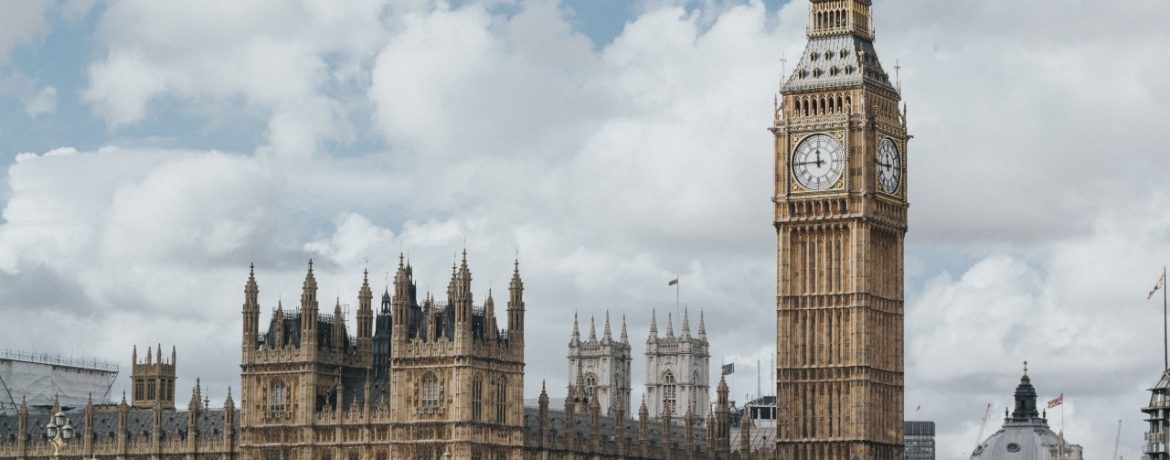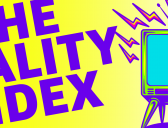In recent memory, there have been few pieces of ‘entertainment and leisure’ legislation that have garnered as much public attention as the recent Gambling White Paper.
In part, this can be explained by how gambling has woven its way into the UK’s cultural zeitgeist. Football, for instance, remains a dominant cultural touchpoint and the act seeks to alter how the land lies for consumers of the sport.
Additionally, the horse racing community — one built around money wagering — still holds a significant and die-hard fan base that are hugely concerned about the bill’s effects.
And sport aside, one also has to consider the proliferation of smartphones and the success of gambling companies in producing and promoting slots and other online casino games that can offer light relief at any time of the day or night.
The widespread impact of the legislation means huge changes for casual and regular gamblers alike, and even more for the companies that develop and roll-out these products. Representatives from both sides — the pro and anti-gambling pressure groups — are therefore caught up in trying to maximise their agendas to sway the finer points of the bill in their favour.
So, what could be the key battlegrounds for each side and does the Bill serve either? Welcome to Episode four of the Gambling White Paper series.
Statutory Levy
For many years, the gambling industry has funded GambleAware research into problem gambling and how to fix it via a voluntary levy; one that could be withdrawn at any time. With the funding controlled by gambling companies, it is not surprising that research and action to quell problem gambling have not come about in recent years.
The White Paper outlines a new, £150m a year statutory levy on firms for gambling addiction treatment and research — a proposal enthusiastically welcomed by anti-gambling pressure groups across the board, led by Clean Up Gambling.
Health professionals, too, are pleased with the policy offering. Writing in The Guardian, Dr Matt Gaskell, a consultant psychologist and head of the NHS Northern Gambling Service, described it as “a big moment”, adding that it was high time the government ended the power of gambling firms which he says have “deliberately impeded” the progress of research for so many years.
The gambling industry is understandably less content, having lobbied against the proposal during its consultation process because it would result in a loss of their sway over government policy. Prior to the White Paper’s publication, the Guardian even reported that gambling firms were considering redirecting up to 25% of its voluntary contributions away from charity and research and back into “projects chosen” by Bet365, Flutter Entertainment, GVC Holdings and William Hill.
When the statutory levy was announced, Peter Jackson — the chairman of Flutter Entertainment, who own Paddy Power — expressed concern around the direction of the funds.
“I wouldn’t want the money to be used for people to be campaigning to stop gambling,” Jackson told the Financial Times. He reasoned that those groups had long had the “opportunity to make those cases” since consultation on the bill began two years ago.
“We need to be careful that people don’t feel the need to reprosecute some of those cases,” he added.
There are also concerns among British MPs centred around the speed with which the government can enshrine the levy into law. Scottish National Party MP Ronnie Cowan, vice-chair of the APPG on Gambling-Related Harm, recently told Parliament he was concerned about the extended consultation period post-White Paper.
“(The government) should have been engaged in this discussion, especially with those with lived experience, for years,” he said. “We have urgently needed a proper levy on the industry and will be making sure this is fit for purpose.”
Stuart Andrew, a minister for the Department for Culture, Media and Sport (DCMS), recently committed to an implementation timeframe of a year for the policy, once the consultation gets underway this summer.
For now at least, it appears that the anti-gambling campaigners can score this policy point off as a win.
Affordability Checks
The document outlines that these will be requested if someone’s gambling losses exceed £1,000 in a day or £2,000 within 3 months. The thresholds will be set at lower levels for those under 25, and DCMS estimates the checks will only directly impact around 3% of gamblers online.
Not that you would know it given the storm of lobbying pre-White Paper and furore that followed its publication from the gambling sector and those in its favour.
The BGC — the Betting and Gaming Council — tried its hand at culling the affordability check before the White Paper, publishing a study in December last year claiming that affordability checks would drastically impact industry revenue.
The research doubled down from a punter’s perspective, adding that nearly 70% of people who place a bet said they would “be unwilling to allow regulated firms to carry out compulsory affordability checks to prove they can afford to wager.”
Pressure groups Gambling with Lives and Clean Up Gambling, meanwhile, are happy with the government’s proposal. Matt Zarb-Cousin, an activist for the latter, says the outlines are “in the right ballpark” given that 86% of online betting profits come from 5% of customers; i.e those already addicted or at serious risk of addiction and therefore more likely to meet the criteria for an affordability check.
Concerns remain from health professionals, however, that the checks do not cover a wide enough demographic. Dr Gaskell points out that given the average UK household’s disposable income is £500 a month, there needs to be much lower levels where checks are triggered to find people who are gambling beyond their means.
Zarb-Cousin agrees, adding that there is hope the consultation phase will “iron out” these details to more accurately reflect Britons’ financial health during a painful cost-of-living crisis.
The gambling industry’s counterattack is to claim that affordability checks of this scale – which will mean that a large proportion of gamblers will fall within the brackets where a check is triggered — will drive punters to the dangerous and unregulated black market.
While there is little contemporary evidence to back up these claims, ministers presumably understand this risk and the potential for it to grow will need to be closely monitored.
Some pro-gambling commentators are also attempting to calm the waters for the gambling industry, arguing that many of the policy proposals, including affordability checks, are more bark than bite.
Christopher Snowden, head of lifestyle economics at the Institute of Economic Affairs thinktank, recently attempted to water down concerns in The Critic.
“Surely the government isn’t daft enough to think it can ban you from gambling online,” Snowden writes. “It is more likely that it will require the operator to send you a safer gambling message by e-mail or text, you might even get a phone call.
“If you’re developing a gambling problem, this could be the wake-up call you need or it might not.
“Either way, operators are already doing it and doing it in a smarter way.”
The next piece in our series will look at other key points of contention between anti-gambling reformers and the industry over the White Paper and how arguments on both sides could shape the legislation’s imminent consultation period.




